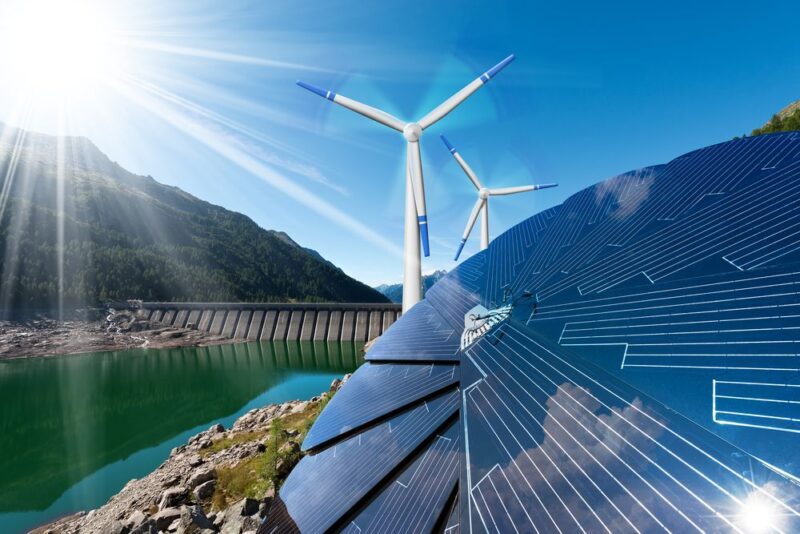In a context of accelerated energy transition, Morocco stands out as a strategic player in reshaping energy relations between North Africa and Europe. Through massive investments in renewable energies and green ammonia, the Kingdom is positioning itself not only to ensure its energy self-sufficiency but also to become a key exporter to Europe. A transformation that could disrupt the geopolitical and economic balances of the Atlantic basin.
In an interview with the Policy Center for the New South, on the sidelines of the Atlantic Dialogues, Professor Michaël Tanchum, senior researcher at the Middle East Institute in Washington DC, analyzes the challenges and impacts of this energy revolution.
An Energy Hub between Africa and Europe
Morocco aims to become a global leader in renewable energies. Its expertise is already recognized internationally, notably through the Xlinks project, which will supply 8% of the UK’s energy. But beyond electricity, Morocco is developing a green ammonia industry, an essential energy vector for maritime transport of renewable energy.
At the same time, the country is strengthening its role as a regional energy platform. It has already established partnerships with Rotterdam, Hamburg, and Namibia to ensure the transport of African green energy to Europe.
Green Ammonia: A Strategic Asset
One of the pillars of this transition is the production of green ammonia, which allows renewable energy to be transported in liquid form. This technology is particularly strategic for the OCP group, which aims to become carbon neutral by 2040 and to replace its fossil ammonia needs with a green alternative by 2030.
Morocco, a major exporter of fertilizers to Africa and Latin America, could thus revolutionize global agriculture by drastically reducing the carbon footprint of fertilizers.
At the same time, the country is investing in desalination plants powered by renewable energies, such as the one under construction in Casablanca, the largest in Africa. This integrated approach addresses energy and water challenges while opening up new export markets.
A Major Social and Economic Impact
Beyond energy considerations, this transition represents an opportunity for economic and social development. Green industries create skilled jobs, particularly in the manufacturing of batteries for electric vehicles or the production of clean energies.
Moreover, the deployment of energy infrastructures in rural areas could reduce territorial inequalities, facilitating access to electricity and drinking water for millions of people.
A Building Moroccan Leadership
With this strategy, Morocco is not just adopting renewable energies: it is redrawing the global energy map and strengthening its influence in the Atlantic basin. As Professor Tanchum points out, this transition is no longer about potential, but about power: who will take the lead? Who will adapt? Who will be left behind?
In this race for green energies, Morocco seems well positioned to become one of the big winners of the energy transition, with a decisive impact on Euro-African cooperation and global sustainable development.
With Le Matin


